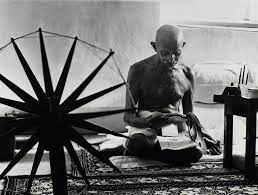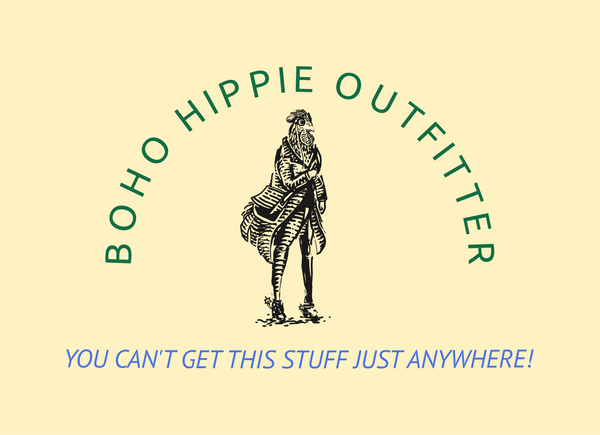
Why not have just plain cotton Tees?
Cotton is mass produced, so it's widely available, and competitively priced. Cotton garments are soft, comfortable, and have breathability, so they're very popular. But it's not that simple any more.
They also come 'pre-shrunk', which means a machine compressed the cotton fibers so there's little space between them. Thought it meant it was washed, didn't you. That doesn't mean zero shrinkage over time. Expect 3-7% shrinkage over the garment's lifetime.
But you may have noticed, our tees and sweatshirts have printing on them. Pure cotton takes the ink well, but does not hold the ink well, and it would fade out after washings.
So you can have pure, natural cotton and unhappiness with your choices, or you can have a blend of natural and synthetic to give you both durability, with the colors holding, plus holding it's shape, and happiness.
Combed Cotton has been cleaned, stems and seeds removed, (sound familiar?) along with debris, then carded to line up the fibers, then combed to take out anything leftover that hadn't been cleaned out, including fibers that are too short or weak, so nothing pokes you later.
Organic Cotton contains less. In a highly unregulated industry, organic cotton uses less pesticides, fungicides, synthetic fertilizers, everything that hurts field workers, some of them being child labor. Organic cotton doesn't kill the planet.
Pima/Egyptian Cotton is actually 3 species of cotton - Upland (used in 90% of production), and two varieties of Upland, Pima, and Egyptian. Pima and Egyptian are superior to Upland. Pima grows in the US and Peru, while Egyptian grows in Egypt, China, and India. Supima cotton is cotton that meets certain 3rd party standards, almost a certification.
Slub Cotton contains tiny knots and nobbles, small imperfections that keep it from being smooth. It never needs to be ironed, because, what's the point? Maybe for this reason it's become popular, having that Homespun Cotton look.
Linen is from the flax plant.
Polyester is the collective term for all petroleum based threads. It's cheap, durable, and holds designs well. PET - Ethylene Polyester is the most common, so when people talk about Polyester, it's usually PET they're talking about. Plant Based Polyester sounds like an oxymoron. It's biodegradable, costs more to produce, and is less durable than other polyesters. PCDT Polyester is more elastic and durable than the others, so it's great for curtains and upholstery.
Poly-Cotton is common now. Athletic wear is usually 50/50 blends, while 'athleisure' is a 65/35 ratio. CVC is for blends that have more cotton than synthetics.
Rayon is made from cellulose, making it 'semi-synthetic'. It was created to replace silk.
Tri-blend is usually but not always a Cotton Polyester and Rayon blend, containing the best qualities of each, along with a price tag to match.
